When I was a boy my family would travel to Nova Scotia to visit my grandmother. She lived on an island off the coast that was close enough to get to by ferry in an hour, yet far enough away from “civilization” that one could feel happily secluded from its distractions and trappings. A breeze fresh with sea salt and pine off the bay would hurry me along dirt roads that led to no where. Deep in the wood I would be gently reminded of the ocean around me on all sides by the distant ping of a buoy. The pleasures there were simple, yet profoundly rich. Coming from New York I reveled in this solitude and natural wonder. My grandmother’s porch let out onto a beach strewn with round rocks and seaweed, and the backdoor opened onto a wood thick with pine and carpeted with moss. It was a land that seemed both exotically foreign and warmly familiar. I would spend my days going back and forth to each of these magical places with only short pit stops for an ice cream or a can of pop.
I am often reminded of these ethereal experiences when I have the good fortune to be in some place wild. I have been lucky to have hiked through jungles in Central America and across mountain ranges in the American west. I have been awed by the endless span of the desert and the billions, upon billions of stars that filled moonless nights. But sadly these moments have become mere punctuations in my life as adulthood has taken me through the underbelly of “civilization” and I struggle to breath in its plastic emptiness. It has become painful to see wildlife too close to the burgeoning sprawl, because I know that it will soon be trampled under the busy feet of progress, bulldozed into heaps of wood and entombed in concrete, glass and steel.
Industrial civilization, with its petro-economy, doomed the wilds of the earth centuries ago. Its cancerous penchant for endless growth and its disease of cupidity and avarice have commodified and butchered the natural world of which we are all born. Consumer capitalism has become the religion of the 21st century. Its liturgy of “market driven free trade” views the earth as an exploitable object and human beings as valuable only in terms of their material wealth. There is no room for the sacredness of the wild. Cloaked in garments of moral piety, the priests of Wall Street hold the ultimate power over all life on the planet. Their eyes may have been blotted out by greed, but their hands still grope feverishly for the next spoil. Meanwhile the oceans acidify and the permafrost is no longer permanent as it thaws rapidly and releases tons of methane, accelerating the warming of the climate. Despite the overwhelming evidence, extraction of fossil fuels has only increased. The melting Arctic ocean has become a playground for the petro-industry and the bloated military that protects their interests. They are not worried about a warming planet or dancing perilously close to another world war. They are busy piercing the surface of our fragile world like rapacious vampires that can never seem to draw enough of the earth’s blood to sate their appetite.
Watching the storms grow on the horizon can fill one with dread in those moments where denial is not at work. There is no where on this earth that industrial civilization has not touched. Plastic debris fills its oceans, industrial chemicals saturate its already diminished soil, and the air has become the repository for the poisonous byproducts of its feckless consumption. Its economic ideology has created an ownership class that has divided the world map into farms for its own wealth acquisition. It expands like bacteria engulfing what was once lush fields, meadows and woods. It crushes the powerless of foreign nations, colonizes their land and enslaves them in endless servitude for the perpetuation of its monstrous system. It scrapes away the tops of ancient mountains for minutes of electrical power.
The insanity that is industrial civilization was born of imperialism. Materialistic ideas of fortune became the priority of the aristocracy, and so the village and the community were sacrificed for the promise of more stuff. Petro-chemicals fueled the Green Revolution, where agriculture was industrialized on a massive scale. It dressed up the drive for these things in the guise of good intentions. Feeding the hungry became its pious mantra, even though the profit based economy was its true engine. Neoliberal capitalism, defined as “privatization, fiscal austerity, deregulation, free trade, and reductions in government spending in order to enhance the role of the private sector,” emerged from the shadows of imperialistic plunder. It rendered vast swaths of the earth open for boundless exploitation by the wealthy elite; and sentenced entire populations of indigenous people to a life of alienation, debt slavery and urban poverty.
There is no political will among the elites to acknowledge, much less address, the coming collapse that all of this has spawned. Multinational corporations and banks that control the world economy (and thus the world) would not tolerate a loss in their already over the top profits that would come as a result of any meaningful reform. “The economy must grow” is their unassailable chorus; and their existence, however fleeting, is dependent upon the continued, systematic rape of the natural world. The wilds be damned.
To be sure, I have no answer to the conundrum of industrial civilization. In addition to being a product of it, I am also a beneficiary of its plunder by virtue of when and where I was born. I have not fled to the last remaining wilderness from where I can pontificate beyond reproach. I understand how easy it is to become paralyzed by the spectacle of its dazzling, self-destructive decadence. But, by all accounts, it appears to be in its final act with its curtain call being the demise of countless species, including our own.
In my childhood wildlife seemed to be forever and untouchable. The woods, the meadows and the sea appeared to me to be endless and invincible. I could walk under the canopy of trees and never hear a plane or smell petrol or run across another soul for hours on end. Now that I am grown I see that all of it is as fragile as glass. I am beginning to grasp just how dire the situation really is and, despite the false hope that the environmental movement peddles, there are no viable solutions to address what lies ahead, save the immediate cessation of fossil fuels and of industrial society itself. Indeed, on our current trajectory we appear to be headed for a world more like Venus than the lush, green earth we have been privileged with. But despite all of this, there are still forests unfelled and fields untilled to walk through, and I hope that this realization will cause me to have more reverence for the wilds that are left and time to stand in awe of their sacredness…
before the bulldozers arrive.
Kenn Orphan 2014
(For photo credit and/or source click on photograph.)
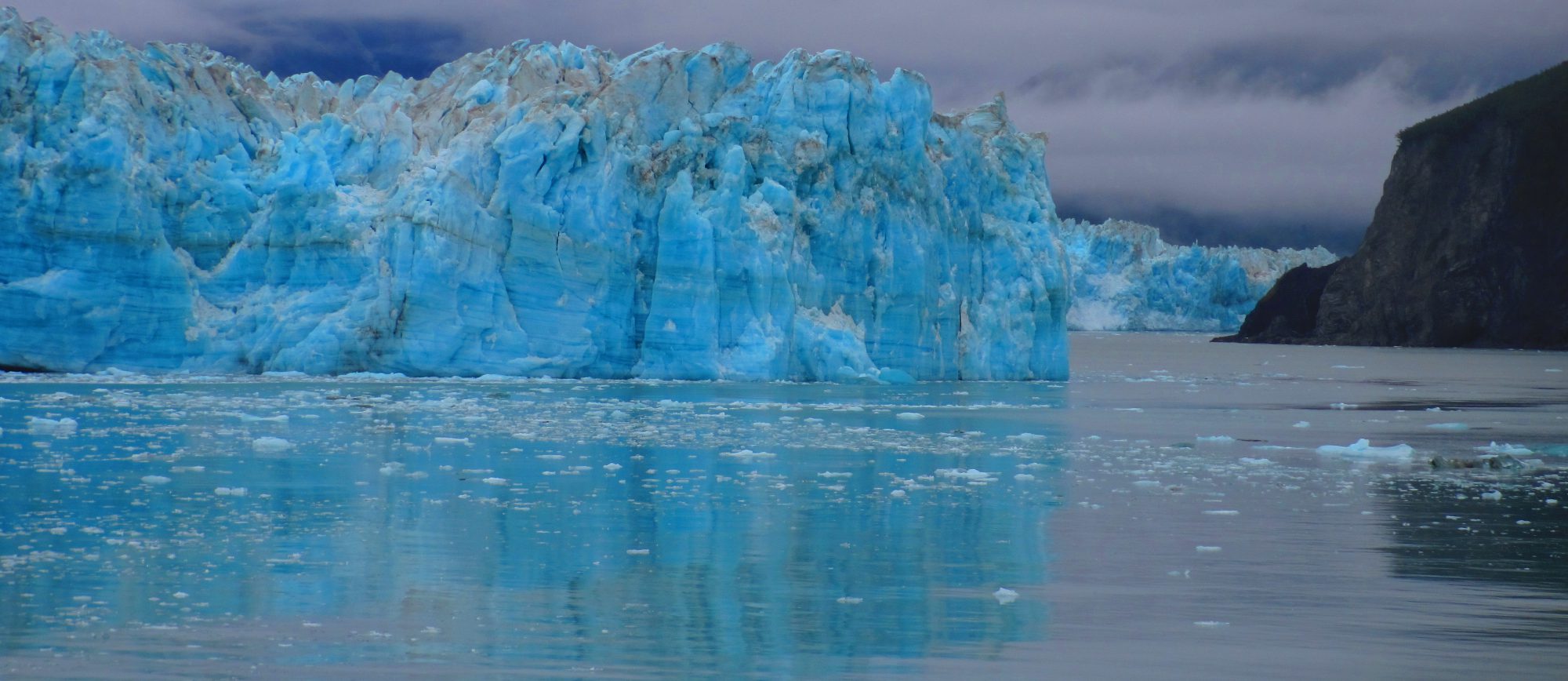

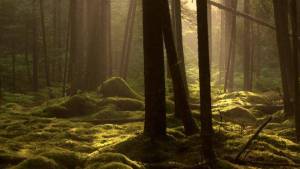
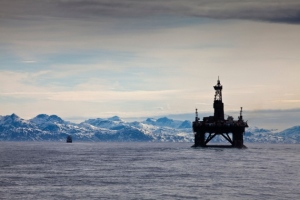
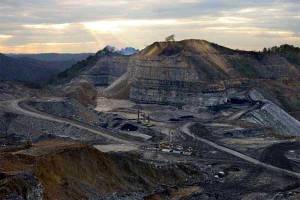
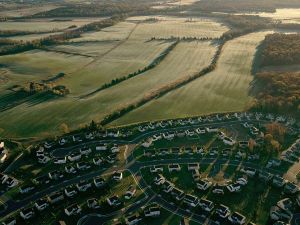
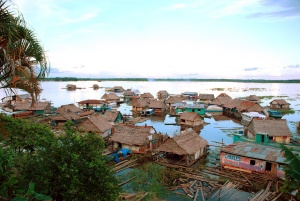

Kenn, found your blog today somehow (either reading comments on the Archdruid report or on my facebook feed). I’ve come to much the same conclusions as you about the fate of industrial civ/neoliberalism.
I want to share my story about a ‘freshwater’ version of your island. My Aunt Marcy, Mom’s youngest sister, had a grandmother in law named Sarah Wingrath (who pretty much raised her husband). Sarah had an island in Butterfield Lake, one of the Indian River Chain in northern New York, just a few miles south of the St. Lawrence river/thousand islands. On this island was her wonderful 1880’s ‘camp’. It was quite large, a big old Victorian two-story with wrap around porch, chuck full of furniture from the turn on the century with two wood cook-stoves in the kitchen and a pot-bellied stove in the dining room. It was all old and very woody. Had a fantastic Adirondack style banister. Just a cool place. The island was granite cliffs in front of camp. with more broken up granite on one side going down to the lake. The other side was wooded. There was an old ice house on the trail from camp to the dock, all covered with mold. The ‘dump’ was behind it – I was fascinated by all the old stuff I found in it. But, most of the island was pristine, if a bit bramble covered. A lot of it was wild blackberries. We’d wander around getting all scratched up, carefully wind our way through the rocks to the lake, and just enjoy the hell out of the place. This square mile island contains my favorite memories, as it seems yours does for you. Hey, it’s something!
Hang in there Kenn.
Rob
LikeLiked by 1 person
Thanks for sharing your thoughts and feelings Kenn. Your story is much like mine, and many others who are awakening to the nightmare of our insane human culture. I too feel a cutting nostalgia for the world that was but will be no more. As the hope of stopping the juggernaut of “progress” fades we are left with our memories and our regrets. To share that with others may afford us what measure of healing our hearts is possible in these darkening times…
LikeLiked by 1 person